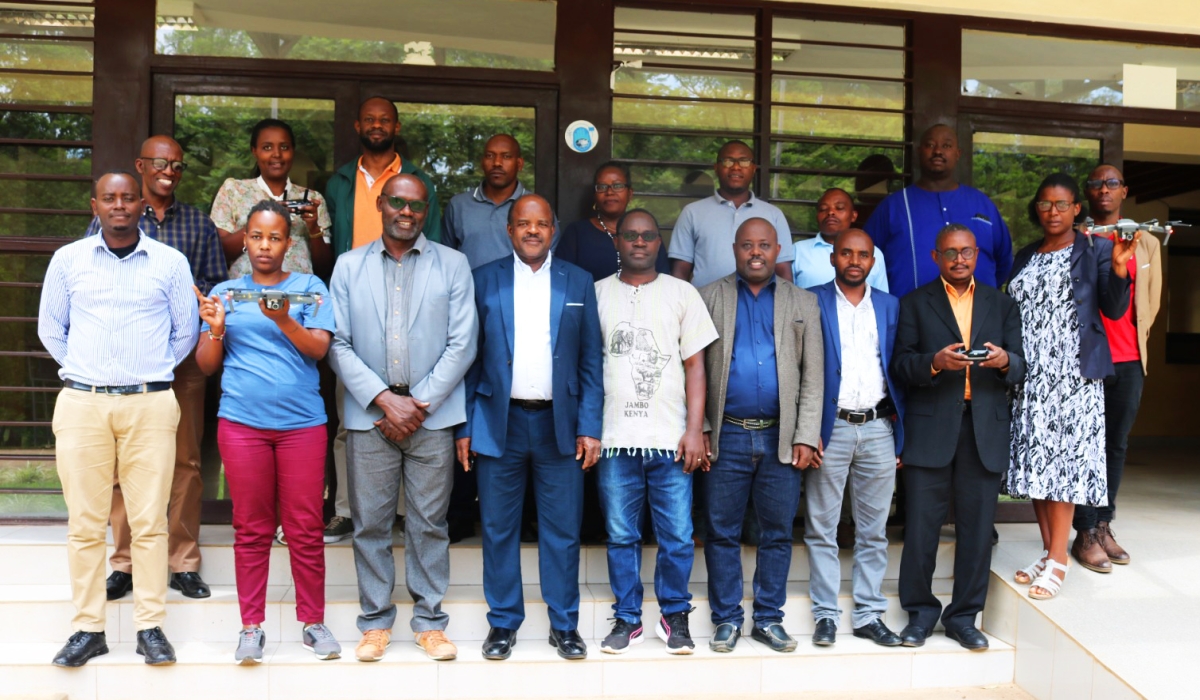[FEATURED] Enhancing technology and engineering education: How AFRETEC is empowering UR’s academic staff

Participants pose for a group photo after completing a three-day workshop which brought together 27 academic staff from UR. Courtesy

